Brand Reliability Ratings: Are They Worth Anything?
To speak of “best laptop brands,” we often resort to certain reliability ratings that are based on the RMA and failure rates of a vendor, distributor, store, analyst, and so on. They are often considered the best way to know how reliable a computer brand is, but in reality it has several problems.
On the one hand, the classifications are very heterogeneous, so that each year and depending on who is giving the classification there are great variations. We can see a certain brand in the first positions of a list, and in the last of another.
Are there really better laptop brands? Almost all of them are capable of making great products.
The reality is, we don’t find “bad” laptop brands on the market today. What happens is that there are haters of all the big manufacturers, and depending on who you meet, you will surely criticize a particular company. This may be due to several reasons, which in no case justify this kind of hatred:
- Bad experience with one of your products. These things always happen, because electronics is not infallible and in any computer there will be many units that will be defective . That this has happened to someone with a laptop of a particular brand does not mean anything.
- Problems with technical support. This is already a more serious point, and in fact we will talk about it in the article, but unfortunately we do not believe that it is something infallible to find “bad” brands, simply because it is difficult to define if a bad experience with technical support is due to something specific, or a systematic problem that is the fault of the brand.
- Wrong generalities. Many people make statements like: “Brand X notebooks get too hot.” These types of generalizations are usually false, and do not apply to all models of that manufacturer. So there is no point in using them.
All of this goes on the band of personal experiences and considerations. We have already talked about what happens with rankings, and how things are not as simple as they seem. So what we’re going to do is describe what kind of products each of the big brands is launching, and attribute some strengths and weaknesses to them.
Lenovo
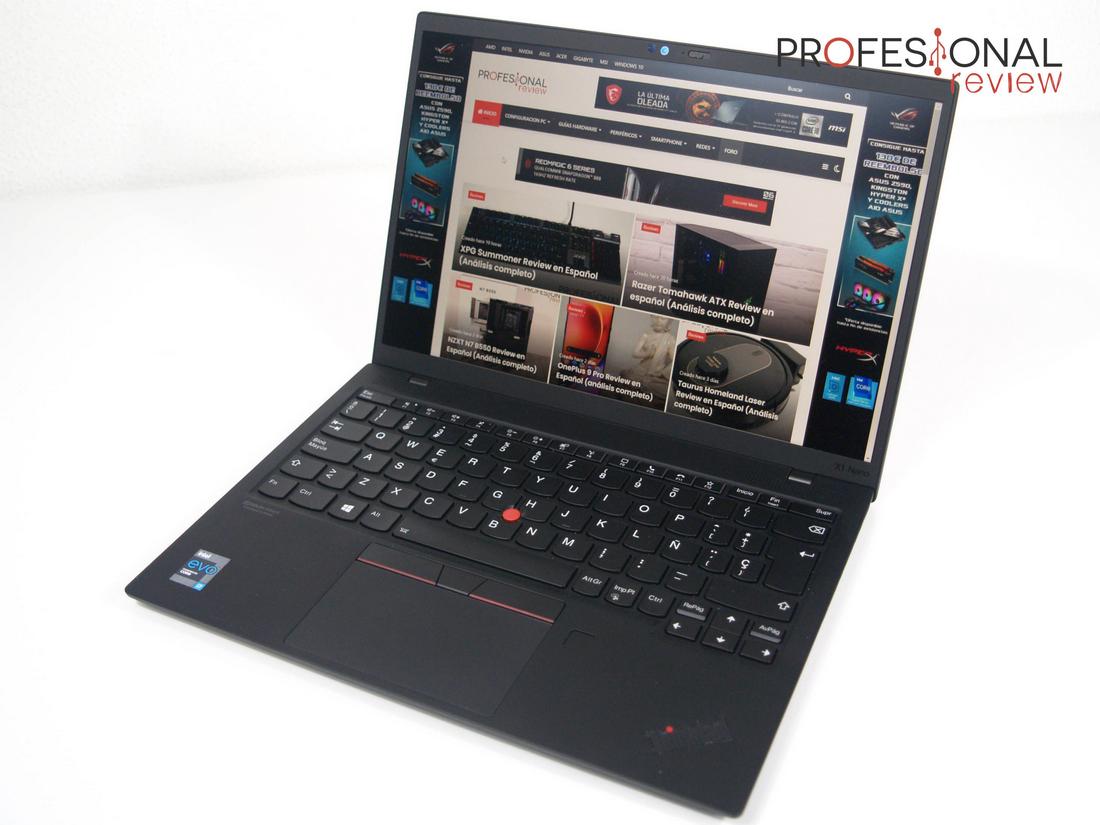 Lenovo is a great example of a company that is often treated as a “cheap” or lower level manufacturer, when in fact they have been responsible for producing and manufacturing laptop lines such as the ThinkPad for more than a decade , among which without doubtless they include some of the most reliable and robust models in history, not for nothing we have them on the International Space Station.
Lenovo is a great example of a company that is often treated as a “cheap” or lower level manufacturer, when in fact they have been responsible for producing and manufacturing laptop lines such as the ThinkPad for more than a decade , among which without doubtless they include some of the most reliable and robust models in history, not for nothing we have them on the International Space Station.
That is, because the company sells some of the cheapest laptops on the market, it does not mean that they do not have the ability to offer one of the most robust high-end ranges that have ever been known.
In fact, its low-end is not disappointing either. In their cheaper laptops, where they are transparent with their specifications, we can find some with a fairly good set of components.
HP
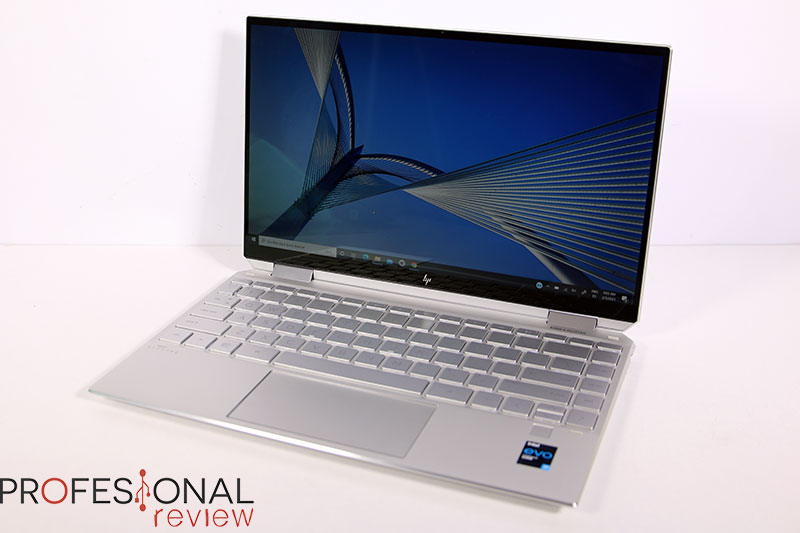 We are still talking about companies that are easily attacked, in this case HP. It is very common to see your products defined as less reliable or attributed qualities such as poor refrigeration.
We are still talking about companies that are easily attacked, in this case HP. It is very common to see your products defined as less reliable or attributed qualities such as poor refrigeration.
In our HP laptop reviews it has been shown, precisely, how there are many models that have good thermal performance, or that at least it is not much worse than that of other companies.
In addition, the brand also has (as in the case of Lenovo) one of the most reputable business ranges, such as its EliteBook, because some of the models they have launched in recent years are sensational.
Acer, Asus and Dell
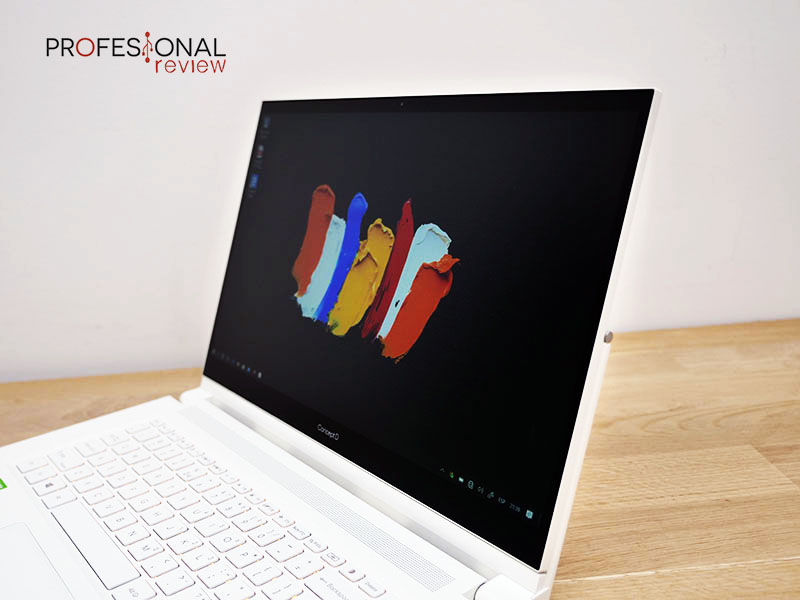 We have covered the two laptop brands that dominate the market share globally, and now we cover three very similar cases, which are Acer, Asus and Dell. These three companies “can do it all” considering that their computers range from the most basic (Acer Aspire, Asus VivoBook, Dell Vostro …) to true wonders, such as the Acer ConceptD, Asus ZenBook or Dell XPS.
We have covered the two laptop brands that dominate the market share globally, and now we cover three very similar cases, which are Acer, Asus and Dell. These three companies “can do it all” considering that their computers range from the most basic (Acer Aspire, Asus VivoBook, Dell Vostro …) to true wonders, such as the Acer ConceptD, Asus ZenBook or Dell XPS.
Again, no reasons can be established to avoid any of these marks that are not based on fallacies or non-causal statistics .
Manzana
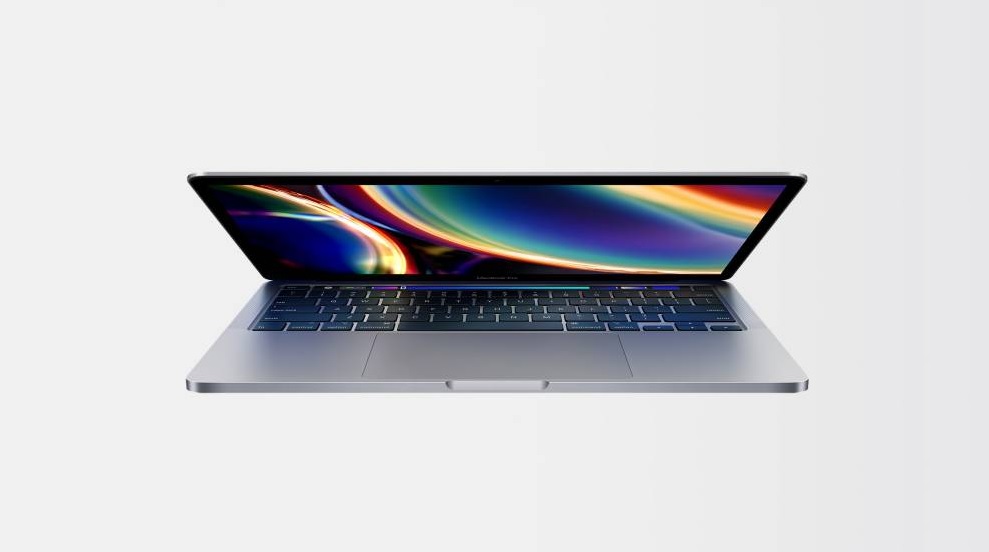 Apple is a very special case: it seems to us that it is the company that has the most staunch fans, but at the same time it is also full of “big haters” who hate it deeply. What is the reality with this company?
Apple is a very special case: it seems to us that it is the company that has the most staunch fans, but at the same time it is also full of “big haters” who hate it deeply. What is the reality with this company?
This brand of laptops has nasty stuff, sure, and wrong design decisions can be attributed to it galore. You can also criticize the overpricing they can have, without going into whether the base price is good or not, it is simply enough to see the high prices of the capacity and memory expansions in the latest MacBook.
However, in most cases their laptops are excellent at the hardware level, and they have precisely taken a step further with the recent launch of the Apple M1 SoC. So again, neither being a die-hard fanboy nor an extreme hater.
And there are many other companies …
The above list is not exhaustive at all, the market is really full of brands that do phenomenal in many of their products, we could get tired of mentioning MSI, Gigabyte / Aorus, Razer, LG, Dynabook, Vaio, and many more .
In all cases, the same is true: it is difficult to attribute a low reliability to your products without getting down to mundane, irrelevant, unverifiable or downright false reasons .
Even “unknown” Chinese companies can do it right
The situation is such that we can find very good, capable, durable, cool and well-equipped laptops in Chinese brands totally unknown to most of us.
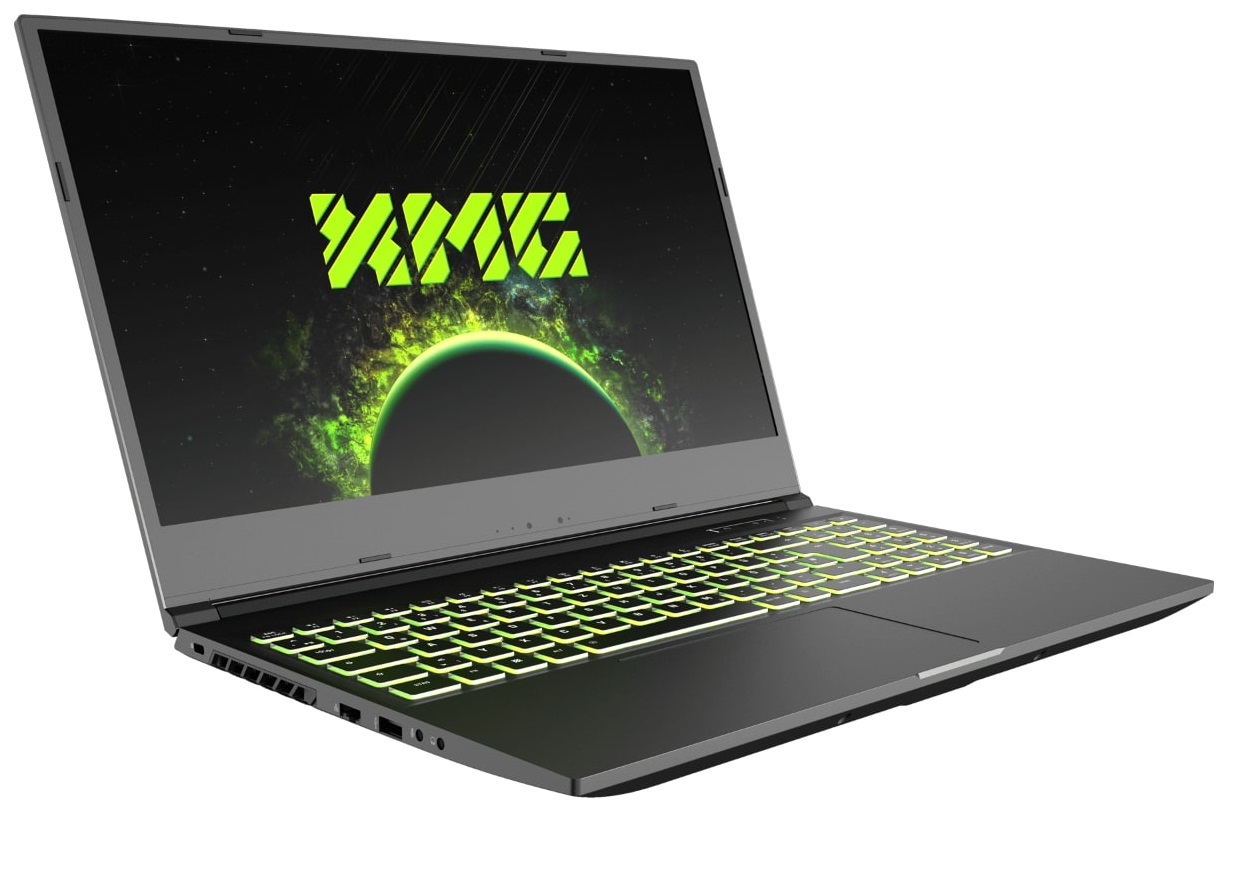
We can speak, for example, of Tongfang , a manufacturer that sells its designs to brands such as CyberPowerPC (USA), Clevo or XMG (Europe). This company was noticed last year with laptops that equipped the AMD Ryzen 4000 for laptops at sensational prices, accompanied by good features (screen, battery, graphics card, etc.), and with good cooling and internal construction.
Come on, not only does it no longer make sense to make reliability ratings between the big brands, but many unknown manufacturers can do it phenomenally.
More than the best laptop brands, the important thing is the best models: who dominates in your price range?
The idea that we want to convey in this article is that what is important is the specific model, and how it meets your needs, not the brand.
Let’s take as an example that you are looking for a very cheap laptop to study, and you find two options of these laptop brands:
- A “Brand 1” with AMD Athlon 3050U, 4GB of RAM, 128GB of SSD and a screen with 1366 × 768 resolution and TN panel.
- A “Brand 2” with the same CPU, 8GB of RAM, 256GB of SSD and a screen with 1080p resolution (1920 × 1080) and IPS panel.
In these two examples (which we just made up), the option below would be so much better, not just because of the amount of RAM and storage, but because the change from a 768p TN screen to a 1080p IPS is incredible, brutal. Now, imagine that you consider the “Brand 2” laptops to be bad, too hot and unreliable, and decide to buy the “Brand 1” one.
What have you achieved with it? On the one hand, you have deliberately bought a worse laptop , thinking that this way you were ensuring better future performance, thanks to the supposed reliability of Brand 1. But is there anything that ensures that reliability without being generalities about the brand? Just by looking at the manufacturer, you are not ensuring that you are dealing with a well-designed product internally. You’re not getting anything , you’re just buying a worse laptop at will.
What we want to explain with this is that any of the laptop brands could be wrong and launch a product with a reliability problem. Let’s think about the MacBooks they are replacing due to the risk of battery fire !
Fortunately, it is very rare for something like this to happen, and by choosing one brand over another you will not achieve anything, you could still have bad luck. So focus on buying the best laptop for you, thinking about your needs and the exact models you can buy, leaving what brand they are secondary.
Interesting Ranking Criteria To Determine The Best Laptop Brands
Just because reliability ratings aren’t a particularly good thing for determining how reliable a laptop brand is doesn’t mean there aren’t other perfectly valid ways to rate it.
Technical support, a good classification criterion
For example, we can talk about the quality of their technical service, that is, how they help the customer when something goes wrong.
This is just another criterion that we can use, which in no case would serve by itself to determine which are the best laptop brands, and to which each user can give more or less importance.
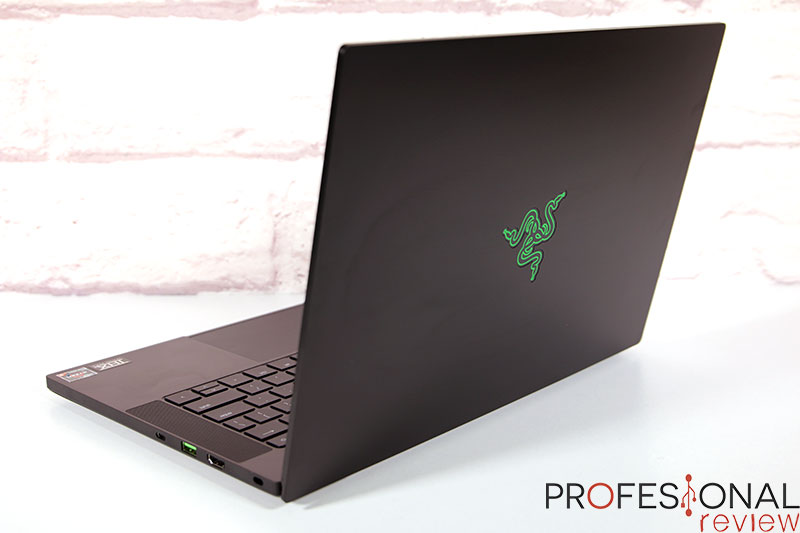 Here we have, for example, the LaptopMag tests , which pose as normal customers of all brands (be careful, in the United States, in other countries it will be different) , presenting them with problems, and assessing how the solution is (efficiency, education , quality…). The 2020 ranking came out like this:
Here we have, for example, the LaptopMag tests , which pose as normal customers of all brands (be careful, in the United States, in other countries it will be different) , presenting them with problems, and assessing how the solution is (efficiency, education , quality…). The 2020 ranking came out like this:
- Razer (90 points)
- Apple (85 points)
- Alienware (77 points)
- Microsoft (74 points)
- Google (71 points)
- Samsung (71 points)
- Lenovo (70 points)
- Dell (68 points)
- ASUS (65 points)
- HP (61 points)
- MSI (60 points)
- Acer (54 points)
As we say, we cannot even take this good classification at face value, since we are always going to find a major downside to them. In this case, that it is totally focused on supporting the United States, which is something that no one in Europe and not everyone in Latin America will be interested in.
Repairability
Another attribute that can make one brand better overall than another is its policy towards repairability of its products. That is, what possibilities are they giving the consumer to repair their own laptop, by various bands that certainly depend on company policies:
- Parts availability.
- Which components are welded and which can be easily replaced.
- Warranty policies PC .
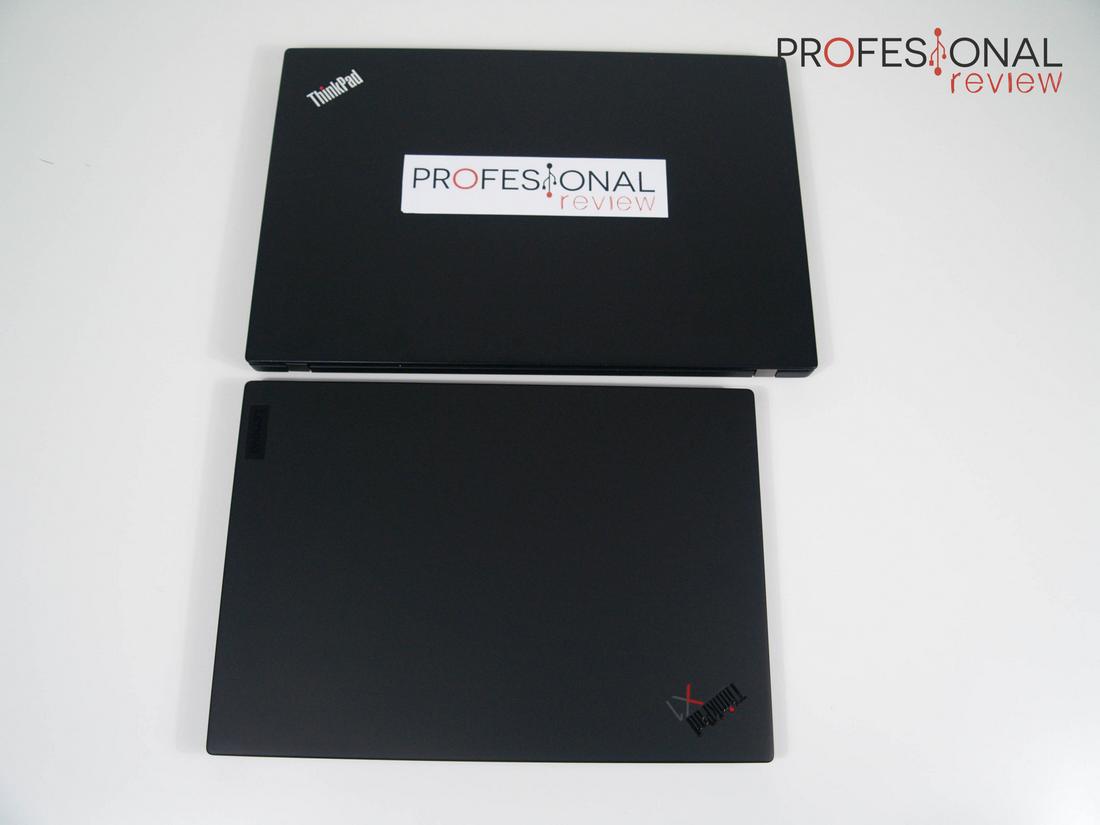 For example, in this sense you can speak highly of companies like Lenovo in its ThinkPad series, since:
For example, in this sense you can speak highly of companies like Lenovo in its ThinkPad series, since:
- They provide official replacements and detailed manuals on how to gut the laptop, where is each part and what model it is, what is each screw, etc.
- They do not void the warranty for repairs.
- We can clearly know how much warranty the equipment has left, and even buy extensions up to 5 years, even with on-site services.
On the other hand, if we compare it with Apple we would see that its policy is much worse, being much more aggressive for years with the possibility of changing parts (personalities such as Louis Rossmann have been denouncing it for years) and with guarantee policies that lead to paying large sums money for any repairs.
This would not be a single criterion to determine if one brand is better than another, since there is much more at stake, it depends on our needs, and there can always be more repairable models than others.
The problem of personal experiences and why it does not help to know the best or worst laptop brands
We are going to insist on this analysis of the best laptop brands to talk about the problem of personal experiences that we can find on the Internet, in our environment or by ourselves, which is something with which we already started the article.
We will often see people warning us of the importance of not buying a full brand laptop, due to something that happened to them.
For one thing, the underlying facts may be much less serious than expected, or they may have nothing to do with the manufacturer. For example, that someone gets a defective laptop does not mean anything, since these things always happen with any brand, there is a certain% of failures.
On the other, we can be talking about real and serious incidents, but it is very difficult for them to occur in our case. Seeing someone very disappointed with technical support or who has suffered something serious with the computer is something that we will see in any brand, and so it happens with many other products.
This is what explains why our recommendation is being at all times to forget a little more about the brand and think about the characteristics, benefits and quality of each specific model, what after-sales is offered, etc …
Final words and conclusion on the best laptop brands
In this article we have tried to answer the question of ” which are the best laptop brands ” in a very particular way: explaining why “none” is, or why “all” are.
The reality is that the reliability ratings we are used to seeing are not infallible. It may appear that they are based on “consistent” parameters, but in reality they are not used to analyze all the products of a brand globally. Statistically, they can be based (for example) on the fact that a store has received a defective batch of laptops, something that can happen with any company, or some problem of a very specific model.



